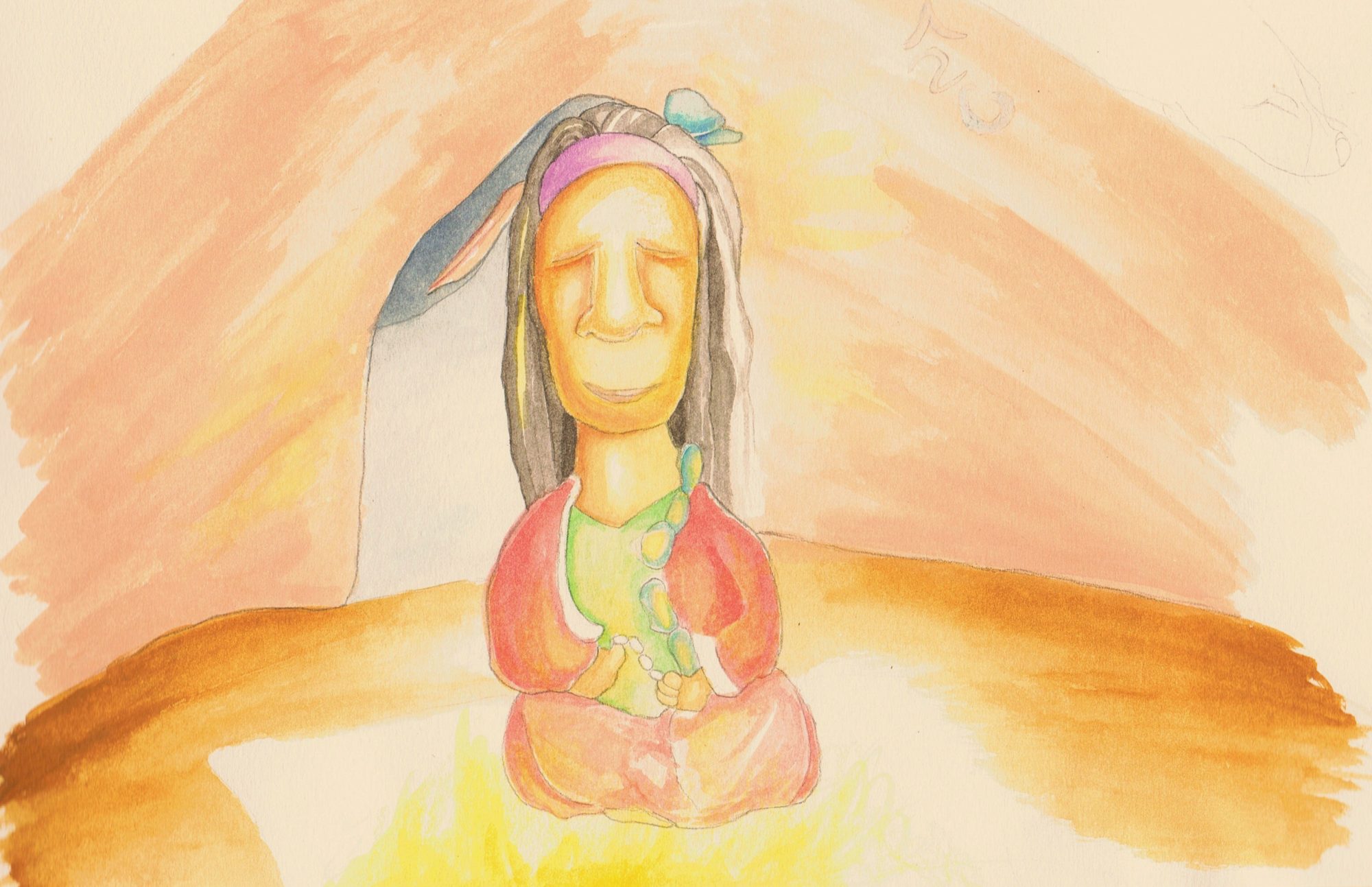Caring is a thankless task when the patient forgets to say thank you, which is common with dementia. Dementia patients regularly forget that they need someone to care for them. They may say thank you when someone does as they ask but they very rarely ask, so they rarely say thank you.
There appears to be no logical reason to say thank you for something that you have not asked for. It is not uncommon to receive resentment as opposed to gratitude. It is common for someone with dementia to resent the care that they are being given, when they do not see a reason for it. What is patently obvious to the carer is often beyond reason to the patient.
Explaining the reason for doing anything is an intellectual exercise. Sadly, the intellect and rational reasoning are not available to someone with memory loss. When I lose the ability to recall memory, I lose the ability of intellectual reasoning. When I cannot understand the purpose of other people’s action, why would I thank them for it?
Gratitude is a powerful emotional energy that has the potential to maintain a current situation. What I am in gratitude for in my life, remains in focus in my reality. The Law of Attraction brings the focus of my attention into my reality, for my personal experience. Gratitude has the emotional power to fix that personal experience as my reality. Whatever I express my energy of gratitude towards, remains as my real life experience.
Nobody wants to fix dementia in anyone’s reality, although some may wish to find a fix that removes it from reality. When dementia is fixed in my reality, I am a hopeless case with no apparent cure or fix. There is a real paradox here of a medical profession that is trying to preserve health by curing illness and trying to fix an illness without it remaining as a real experience. You fix health in your reality by being in gratitude for it.
The last thing I want to do is be in gratitude for my loss of memory, my loss of independence or my loss of personal identity. Resentment is the negative opposing polarity of gratitude, which means that my resentment fixes my loss of memory, independence & personal identity as my ongoing reality, at the expense of my health.
What a carer can do is to help the patient see all the beneficial things that are currently in their life and assist them to be in gratitude for them. We may have been brought up to be thankful for small mercies but it may not be until the onset of dementia that we are able to be thankful for some very small mercies.
Mercies are life experiences of a beneficial nature. A merciful death is based on a belief that in certain circumstances death is more beneficial than continuing to live. A merciful life is full of beneficial experiences although, at the time, many beneficial experiences may appear to be detrimental & unwelcome.
As life experiences become more & more beneficial, the experience of life appreciates. I appreciate the beneficial experiences of life and the beneficial experiences of life appreciate. When I resent a life experience, because it appears to be detrimental, it gets re-sent in a future time & place.
Gratitude & resentment are opposing polarities of the same energy vibration. Whether I am thankful for or resentful, of whatever is occurring in my life, is a matter of my own perspective. When I appreciate my life, it appreciates & expands but when I resent my life it depreciates & contracts. Resentment never goes away until I accept, with gratitude, the beneficial reason for whatever is occurring. When I take an opportunity for the expansive growth of my perspective, there is no longer any reason for that particular life lesson to be present.
Saying thank you and appreciating what other people do are great motivators. If a carer needs motivation, they will be bothered when they are not appreciated. The need for gratitude or appreciation is a statement of low energy that needs gratitude or appreciation to fill that emotional energy void.
When the thought that someone needs me is sufficient to meet my need to be needed, then I realise that I no longer need gratitude or appreciation from a patient. I just need to know that I am needed.
Emotional needs cause attachments & dependencies. When the carer depends on the patient to meet their need to be needed, an attachment forms and a co-dependency develops. The carer needs the patient to be dependent and when the patient becomes totally dependent, they need the carer to take care of them, care about them and care for them.
It is not wise to expect the patient to be grateful to someone on whom they depend, if they value their independence greatly. Neither is it wise for a carer to need a patient to meet their own personal emotional need to be needed.
